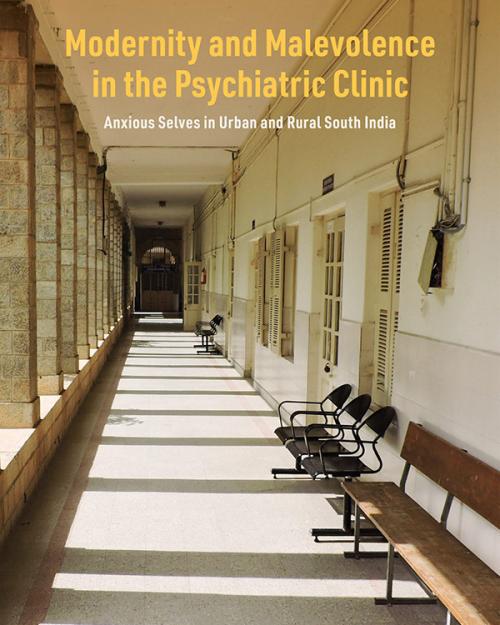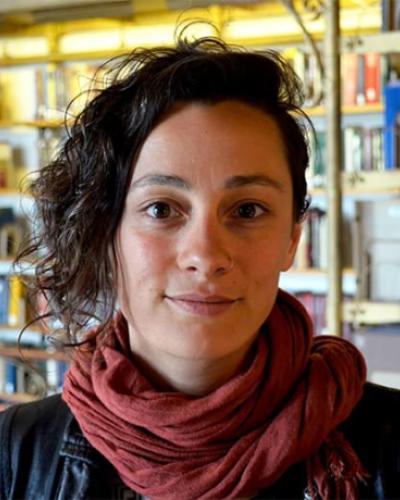Elif Sari, a PhD candidate in the Department of , was awarded a Graduate Student Travel Grant from the Society for the Humanities for her project: Waiting amidst Violence and Uncertainty: LGBTI Asylum in Turkey.
Elif describes her project below:
Asylum is often associated with mobility, whereas the LGBTI refugees waiting in Turkey introduce us to a story of immobility. I think focusing on “waiting” – be it in the form of a detention center, a refugee camp, or a transition country like Turkey – is all the more important now, given that detention, illegalization, and deportation of refugees and immigrants elsewhere have skyrocketed, and the possibilities for gaining legal status have been greatly reduced in the last years.
I am hoping that my dissertation project would shed light on how waiting serves to govern and demobilize refugees, on the one hand, and becomes a critical context in which LGBTI refugees cultivate novel forms of sociality and solidarity, on the other.
The international asylum system represents sexual asylum as a continuous journey from home country to host country, past to future, and oppression to freedom. However, even those refugees who are granted asylum, such as LGBTI refugees from the Middle East, spend many years waiting in “transition” countries such as Turkey before they are resettled in the United States or Canada. Their particular sexual vulnerability turns LGBTI refugees into an exceptionally advantaged group: the international humanitarian organizations such as the United Nations High Commissioner for Refugees (UNHCR) that administer asylum claims and third countries such as the United States and Canada prioritize LGBTI asylum applications by reserving expedited resettlement quotas for the victims of sexual and gender-based violence.
Even though LGBTI refugees have prioritized status and expedited mobility, they have to live uncertain and difficult lives in Turkey. They often continue to be subjected to the same violence and discrimination from which they fled. They face consistent verbal and physical harassment both from local townspeople and other refugees. They are denied housing, evicted from apartments, and fired from jobs when their LGBTI status becomes known. The ambiguities of waiting for resettlement also add new forms of vulnerability to their lives.
My dissertation project examines LGBTI asylum in Turkey, investigating how the practices and processes of the transnational asylum system shape individual and communal experiences of LGBTI refugees during the period of waiting. By using “waiting” as a conceptual tool, I explore how LGBTI refugees make sense of their lives, identities, and sexualities in Turkey, where they are stranded between multiple national and international asylum authorities, the past and a yet-to-come future, and prioritization and vulnerability.
Elif Sari is a PhD student in Socio-Cultural at Cornell University. She received her bachelor's degree in Political Sciences and International Relations at Boğaziçi University in Turkey, and her master's degree in Near Eastern Studies at New York University, where she studied the intersections on sexuality, law, and violence by examining LGBTQ asylum in Turkey. She is Co-Editor of the Turkey Page at Jadaliyya e-zine.





